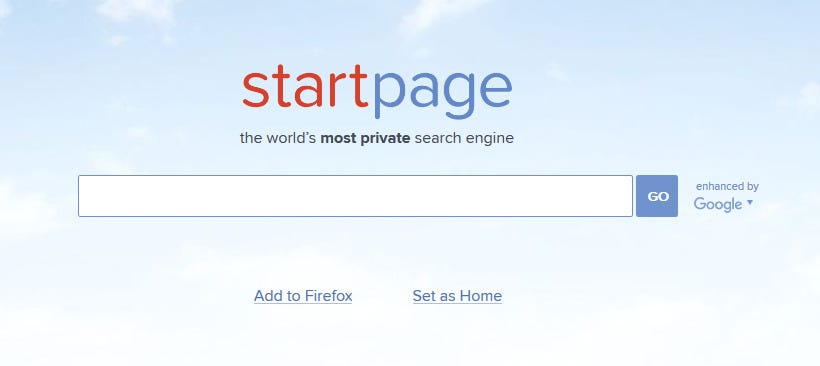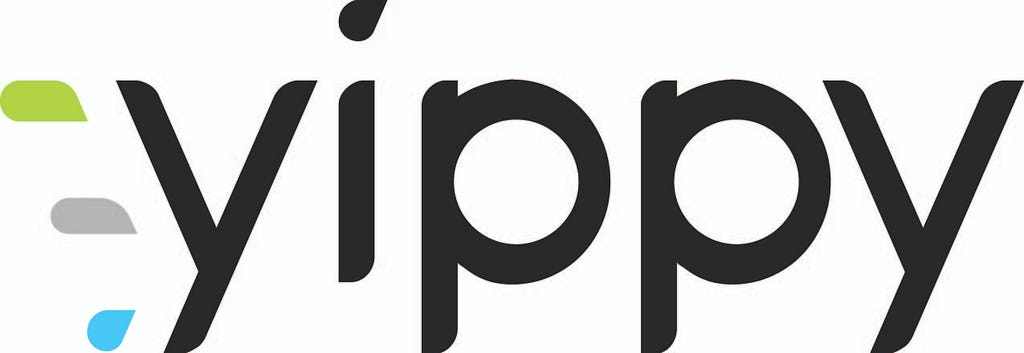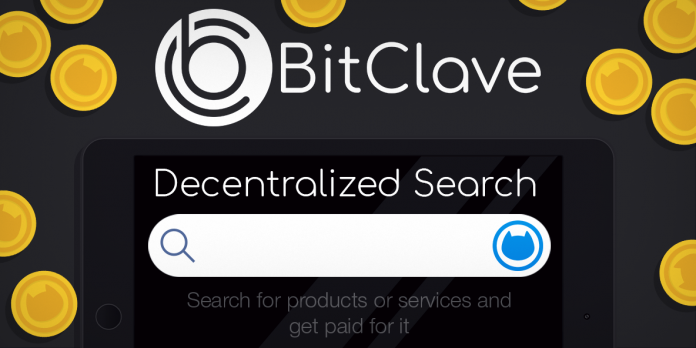Latest news about Bitcoin and all cryptocurrencies. Your daily crypto news habit.

Private search engines have seen huge growth over the past few years. Until recently, it was unthinkable that anyone could compete with Google in the search realm. However, there are now many smaller players in the search game that are growing rapidly. Google’s market share has declined from 78.7 percent in February 2017 to slightly below 70 percent in February 2018.
A few of these search engines, including DuckDuckGo and StartPage began as normal search engines with no privacy enhancements. However, after they realized the massive risk associated with storing so much data, they decided to take a different approach.
Your privacy really matters, and these search engines can help you stay private online:
This private search engine uses local encryption to secure your searches. It combines with AES-256 encryption with Secure Sockets Layer encryption. Search Encrypt then retrieves your search results from its network of search partners. After you’re done searching, your search terms expire so they are private even if someone else has access to your computer.
2. StartPage
StartPage uses results from Google, which is a good thing if you prefer Google’s result without the tracking. Ixquick, which is an independent search engine that uses its own results, developed StartPage to include results from Google. Its features include a proxy service, URL generator, and HTTPS support. The URL generator is a unique feature that eliminates the need for cookies. It remembers your settings in a privacy friendly way.
3. DuckDuckGo
DuckDuckGo is probably the most well-known alternative search engine. Its CEO, Gabriel Weinberg, said, “if the FBI comes to us, we have nothing to tie back to you.” Searches are sourced mostly from Yahoo. One cool feature of DuckDuckGo is what it calls “bangs”. Users can directly search other sites, like Amazon, Wikipedia, Yelp or Youtube, by starting their query with an exclamation mark!
4. Gibiru
Gibiru sources its search results from a modified Google algorithm. Gibiru’s CEO, Steve Marshall, announced in a press release that his service is exactly what Google was early on. It provides reliable search results without all the tracking that Google does today.
6. Swisscows
Swisscows is made by Hulbee AG, which is a tech company based in Switzerland. Like other private search engines on this list, this one does not build tracking profiles or use unique identifiers for its users. A key difference from the others though, is that this is a semantic search engine. This means that it uses artificial intelligence and machine learning to evaluate the context of a user’s search. As a result, Swisscows, offers results that learn to answer your questions — a cool search tool.
7. Yippy
Yippy has an additional feature that automatically categorizes query results. For example, a search for “dogs” displays the top results, but also has categories for Training, Photos, Dog Breeds, Rescue, etc. It doesn’t follow search users around the web with ads. Yippy Inc. also has a search product that competes with Google’s Search Appliance.
8. Bitclave
BitClave is a decentralized search engine built with blockchain to protect user privacy. This search tool empowers consumers by allowing them to choose what info they share with advertisers. BitClave eliminates middlemen in the advertising process, by making the contract directly between the user and advertisers. It then incentivizes users by giving them Consumer Activity Tokens (CAT) for making searches relevant to the advertiser.
Why Do Private Search Engines Matter?
We often hear about internet service providers (ISPs) or the NSA intrusions into citizens’ privacy, but what are we doing about it?
There is an inherent risk in sharing your information with third-parties while browsing the internet. That’s why private search engines are beneficial to users. There is very little risk that your searches will be leaked to anyone, because most private search engines don’t track any information that can link you to your search terms. Beyond that, by searching in private, you aren’t creating filter bubbles that isolate you from any results that may conflict with your beliefs.
It’s better to be safe than sorry when it comes to protecting your information from the websites you visit and the search engines you use.
Practice safe searches and use a private search engine.
Untraceable Search Engines — Alternatives to Google was originally published in Hacker Noon on Medium, where people are continuing the conversation by highlighting and responding to this story.
Disclaimer
The views and opinions expressed in this article are solely those of the authors and do not reflect the views of Bitcoin Insider. Every investment and trading move involves risk - this is especially true for cryptocurrencies given their volatility. We strongly advise our readers to conduct their own research when making a decision.






